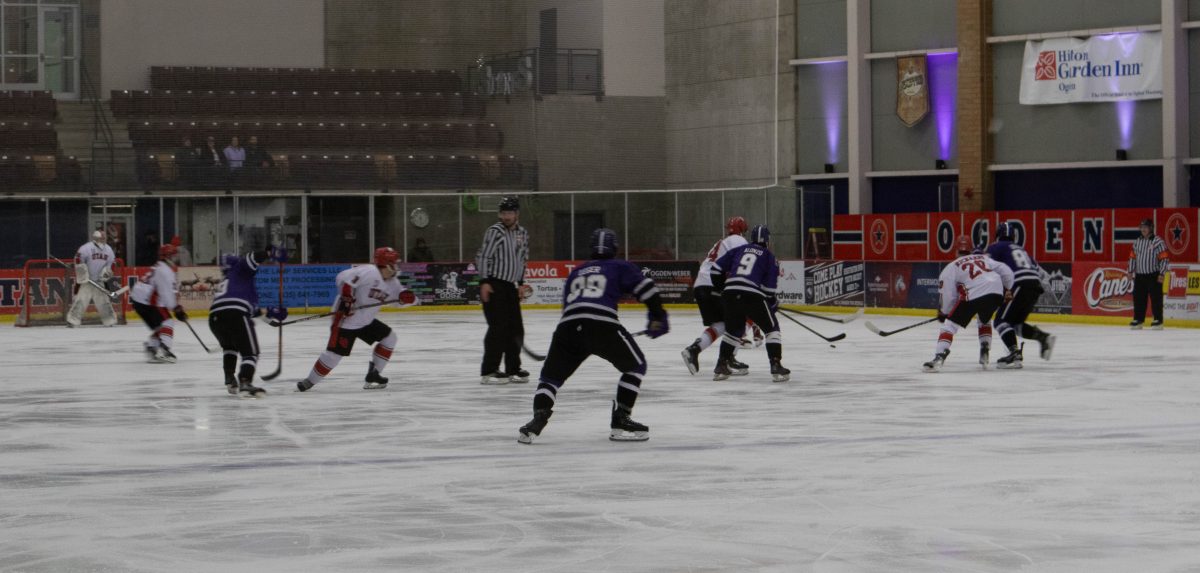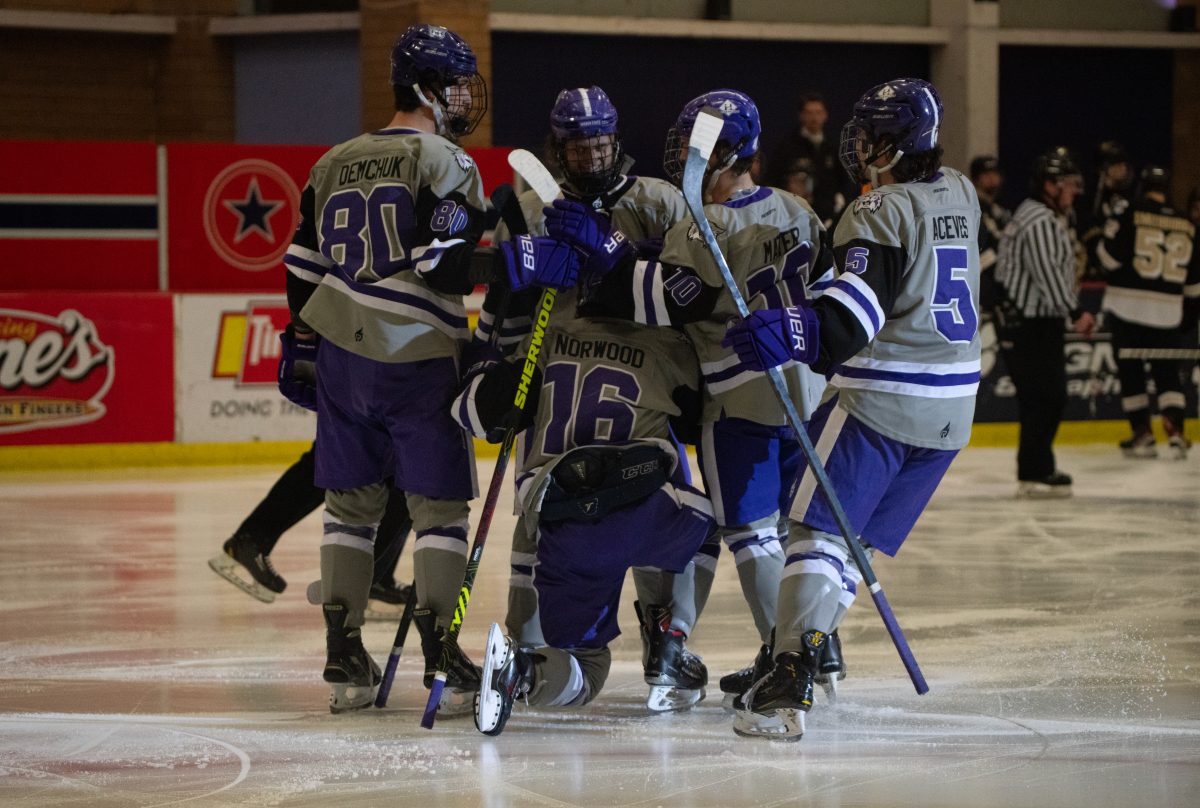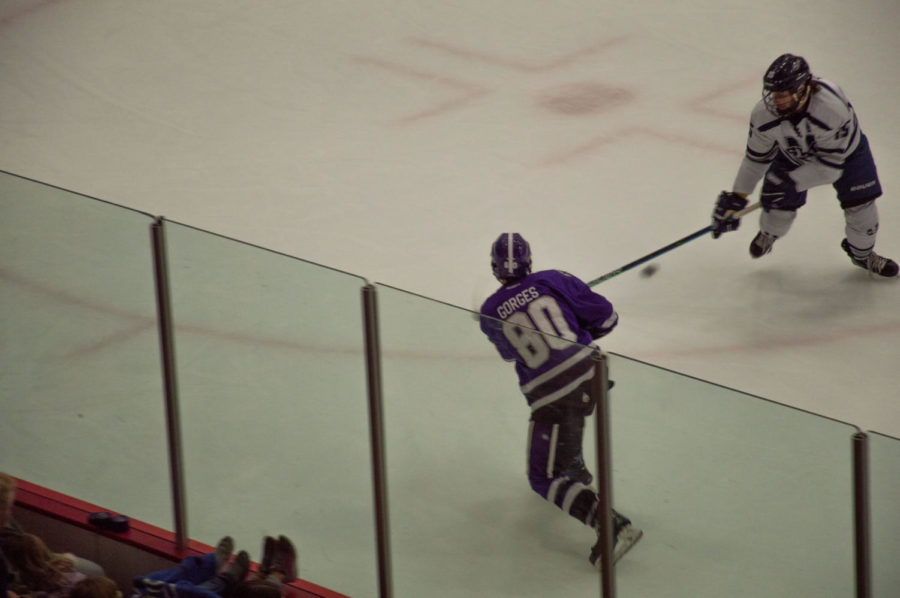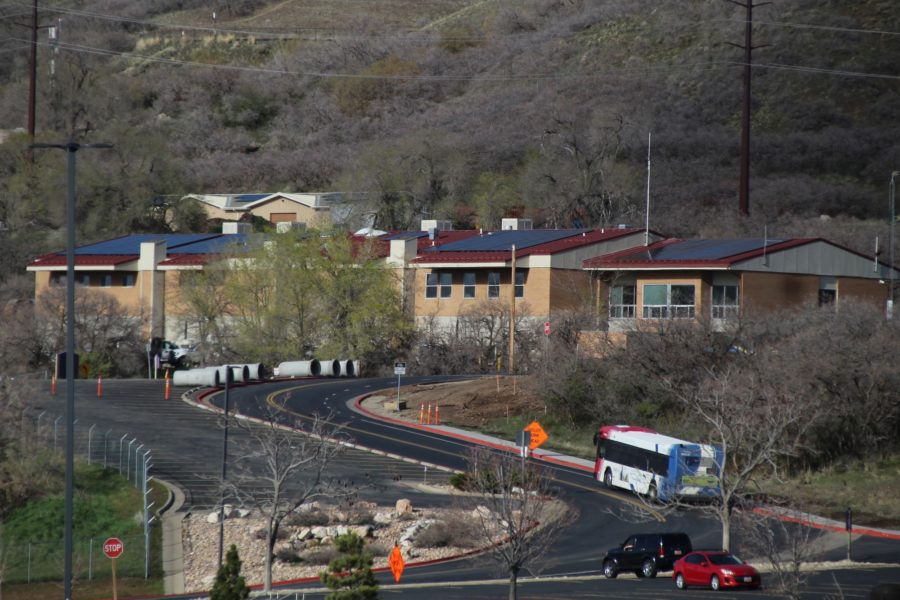The 2018 Winter Olympic Games are less than a month away, and the 23rd Winter Games will take place in Pyeongchang, South Korea from Feb. 9–25 in the Taebak Mountains.
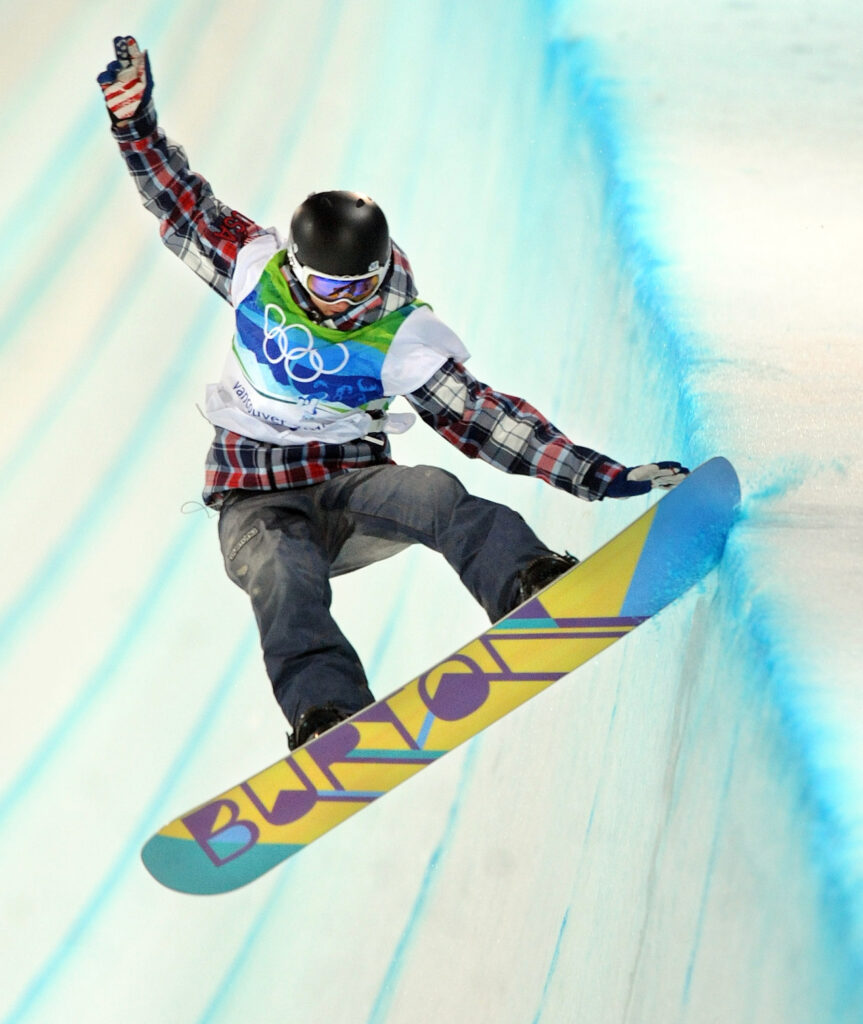
Olympics fans along the Wasatch Front formed an attachment to the Winter Games after Salt Lake City hosted the 2002 games with venues along the Wasatch Front, including Ogden. The Maverick Center (hockey), Deer Valley Resort (freestyle and aerials), the Olympic Park (ski juming, bobsleigh, luge and skelton), Snowbasin Resort (downhill skiing) and the Ogden Ice Sheet (curling) were all venues for the games that year.
Since then, Utah has hosted more consistent viewers of the Olympics than any other state, according to the Salt Lake Tribune and NBC.
The Pyeongchang games begin Feb. 9 with the Opening Ceremonies, and for the first time in 27 years, both South and North Korea have agreed to march and compete under the same flag.
The two countries will field a unified women’s hockey team, which Olympic organizers have been working towards since 2014. North Korea contributed 22 players to the team.
Vice President Mike Pence will lead team USA out during the Opening Ceremonies. This caused controversy when openly gay figure skater Adam Rippon said he believes Pence has no right to lead team USA because of Pence’s views on gay marriage.
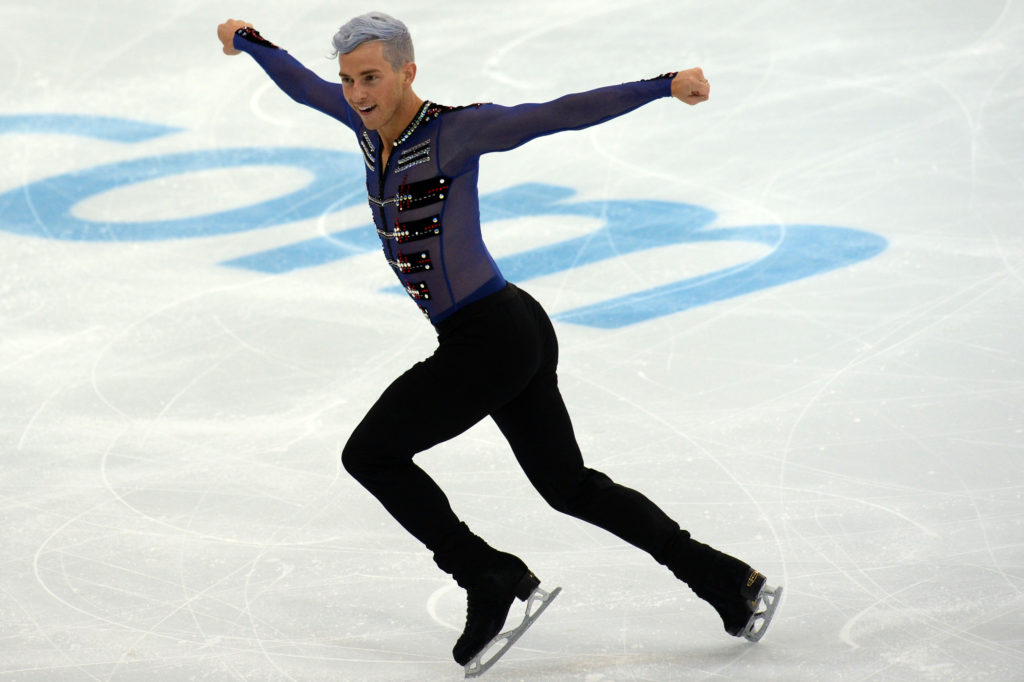
Despite the worldwide reach of the games, one of the world’s largest countries will be noticeably absent. An investigation by the World Anti-Doping Association found that a number of Russian athletes used state-sanctioned performance-enhancing drugs in the 2014 Olympics in Sochi.
Russia was also stripped of 51 Olympic medals from summer, winter and the Paralympics dating back to 2011.
With the traditional powerhouse nowhere to be found, the United States, Canada and Norway are early favorites right behind the heavy favorite, Germany, in the Pyeongchang Medal Count.
Russian athletes who were proved innocent will compete under a neutral flag named “Olympic Athlete from Russia” or OAR.
America is taking 232 U.S. athletes on Team USA to Pyeongchang, including 15 athletes from the state of Utah.
The U.S. is forecast to win medals in 10 of the 15 sports, including alpine skiing, biathlon, bobsleigh, cross-country skiing, curling, figure skating, freestyle skiing, hockey, luge, Nordic combined, speed skating, skeleton and ski jumping.
The U.S. is the heavy favorite in the snowboarding events, and because of the amplitude and high risk, snowboarding has quickly grown to the most viewed Olympic event in the six years it’s been a part of the games.
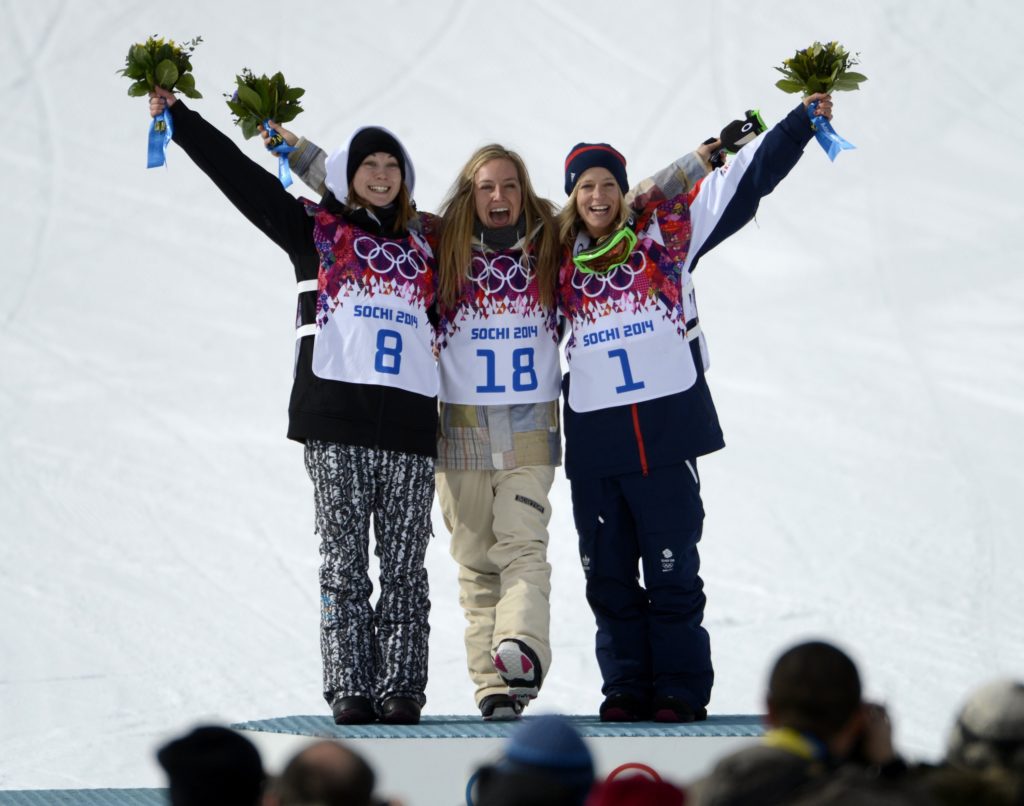
The Games will have a total of 10 snowboarding events, five men’s and five women’s, including men’s and women’s Slopestyle, Halfpipe, Snowboardcross, Big Air and Giant Slalom.
Slopestyle starts Feb. 11 and lasts until Feb. 12. The style was first introduced to the Olympics at the Sochi Games. The athletes will hit rails, jumps and other features each run on their way to the medal podium.
Each athlete is scored by points after each run and the judges count their two highest runs. The judges are looking for difficulty, style and the quality of the land when scoring.
American Jamie Anderson will compete in her second Olympics, and is looking to defend her Slopestyle gold in the event’s second Olympic appearance. Anderson will also compete in the Women’s Big Air.
The Halfpipe event, which became an Olympic sport in the 1998 Nagano Games, begins Feb. 13 and will wrap up Feb. 14.
Each boarder performs tricks while going from one side to the other of a semicircle. Just like Slopestyle, athletes are scored off their runs, but only the highest run counts.
American Shaun White will make his fourth appearance this year after a disappointing fourth place finish in Sochi. White is entering his last Olympic Games, and hopes to win his third gold medal in the Halfpipe event.
Chloe Kim will make her Winter Olympic debut this year in the Halfpipe. At just 17 years old, she’s the heavy favorite after dominating the Winter XGames in the event, winning the gold medal in each of the past three years.
Kim is making her Olympic debut this year as she was too young to compete in the 2014 Sochi Games. White and Kim are the only snowboarders to ever score a perfect 100 in the event.
Kelly Clark will also make her fourth Olympic appearance. She’s looking to improve on her bronze medals in Vancouver and Sochi.
At age 34, Clark will be competing next to American athletes half her age in Kim and Maddie Mastro.
Snowboardcross, introduced in the 2006 Turin Games, begins Feb. 15 and finishes Feb. 16. Competitors race down with six competitors side by side with jumps, turns and other obstacles and only the top three move on. Snowboardcross is scored by time and place of the riders in each heat.
Lindsey Jacobellis looks to improve on past mistakes that led to her losing the gold medals in Turin, Vancouver and Sochi, falling on all three gold medal runs.
Salt Lake City’s Faye Gulini, a Westminster College alumna, will compete in her third Snowboardcross event this year. Gulini’s first two appearances saw a 12th place finish in Vancouver, and a fourth place finish in the Sochi Games.
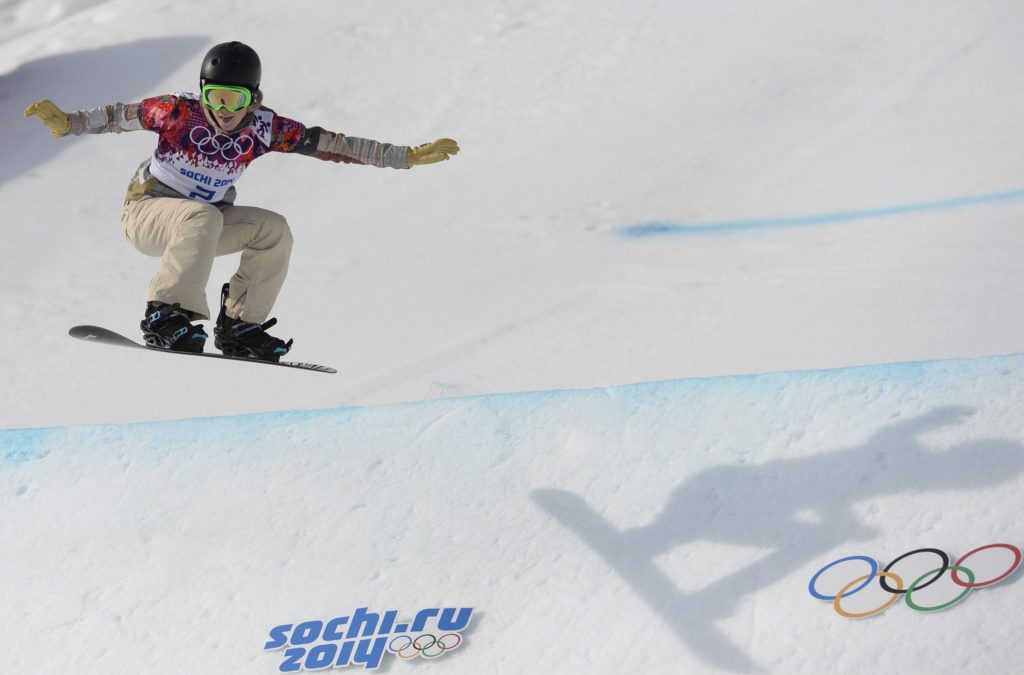
The Big Air competition takes place Feb. 23 and Feb. 24. After years of success at the XGames, Big Air snowboarding is making its Olympic debut in South Korea.
Riders will jump a 45-foot vertical ramp with a 70-foot gap, performing a variety of jumps and tricks. Just like the other freestyle events, Big Air athletes are judged on difficulty, style, height and landing quality.
Giant Slalom athletes will hit the slopes for the first time on Feb. 24, after being first introduced in the 2002 Salt Lake City Games. Athletes are timed head-to-head racing down a double black diamond run.
Since snowboarding events started in the 1998 Nagano Games, the U.S. has dominated the sport, coming away with twice as many medals than any other country.





